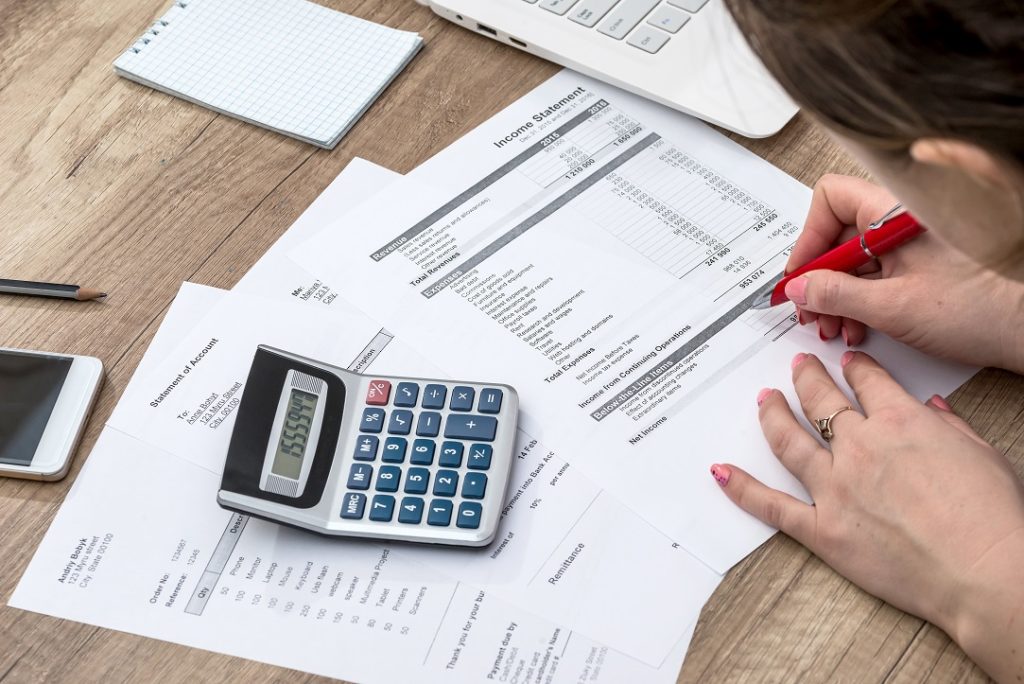While having a budget for your monthly or weekly expenses is great, these aren’t the only expenses that you’ll have throughout the year. Whether an emergency comes up or you need to buy an expensive home appliance, something that falls outside your budget can really wreak havoc with your finances. But luckily, it doesn’t have to be this way.
To help you see how you can prepare for things like this, here are three ways to stop allowing big expenses to break your budget.
Add Savings To Your Fixed Expenses
As you make your budget, you should know what your fixed expenses are each month. Generally, these expenses will include things like your housing costs, your car payments, and debts you may be paying off, and insurance costs. Usually, all other costs will fall outside of these fixed costs. But to be ready for the unexpected, you may want to add some savings to your monthly fixed expenses.
While some people think of savings as a luxury, David Weliver, a contributor to Money Under 30, suggests that you really can’t afford to not be budgeting in some savings each month. Once you start thinking about savings as being part of your budget that you won’t compromise on, you’ll begin to build up a little cushion that you can tap into when unexpected costs do come up.
Space Out Your Annual Payments
One category of big expenses that people often forget to add to their monthly budget is any annual payments they make. If this is forgotten, once those payments come around, it’s easy to be completely overwhelmed by the amount of money you now have to come up with that’s outside of your typical budget.
To avoid this, Miriam Caldwell, a contributor to The Balance, recommends that as soon as you pay for one of these annual payments, you immediately create a yearly budget for that payment for next year. This will allow you to save up for this payment all year instead of having to scramble to pay on the month that it’s due.
Stop Buying Full-Priced Items
When a true emergency does pop up, as they assuredly will, it’s good to have a plan in place for how you’ll handle the issue if you’re strapped financially.
Generally, Susannah Snider, a contributor to U.S. News and World Report, shares that it’s wise to not buy something at full-price if you can manage it. For most things, you can either find a slightly used option or take advantage of some kind of sale, deal, or coupon so that you can get what you need without having to pay full-price for it.
If you’ve allowed big expenses to bust your budget in the past, consider using the tips mentioned above to help you avoid this in the future.

Leave a Reply